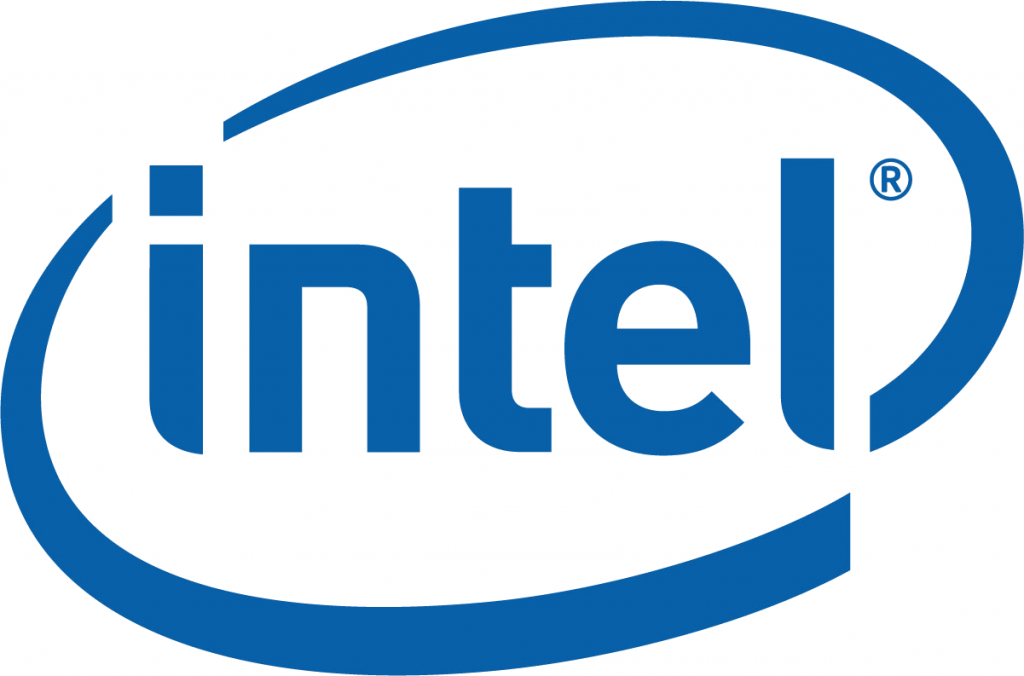Last year, Intel announced plans to build new facilities in Europe to boost chip production. Now, that plan has been finalised, with Intel today announcing plans to invest as much as 80 billion euros in the EU over the next decade, as well as plans to create six new facilities for R&D and chip fabrication across Europe.
Intel's new 17 billion euro ‘mega-fab' will be built in Germany. This will be Intel's biggest project, setting up a new “leading-edge semiconductor fab mega-site” in Germany. In addition, a new R&D facility will be built in France, as well as additional R&D, manufacturing and foundry facilities in Ireland, Italy, Poland and Spain.
This is a landmark investment for Intel and will bring a huge boost to the European chip ecosystem. This should also create a more robust supply chain and help tackle the chip shortage. Speaking on Intel's push into Europe, CEO, Pat Gelsinger, said: “Our planned investments are a major step both for Intel and for Europe. The EU Chips Act will empower private companies and governments to work together to drastically advance Europe’s position in the semiconductor sector. ”
Construction of the fabrication facilities in Germany will begin in the first half of 2023 and will be up and running in 2027. Once the new fabs are online, they are expected to deliver chips using Intel's “most advanced, Angstrom-era transistor technologies”.
Intel will be investing ‘up to' 80 billion euros in the EU over the next decade, starting with this initial investment of 33 billion euros to build currently announced facilities. Intel is in negotiations to build additional facilities and expand in the years ahead.
Discuss on our Facebook page, HERE.
KitGuru Says: With Intel making such big moves to expand in the EU, we have to wonder if competitors will follow.
 KitGuru KitGuru.net – Tech News | Hardware News | Hardware Reviews | IOS | Mobile | Gaming | Graphics Cards
KitGuru KitGuru.net – Tech News | Hardware News | Hardware Reviews | IOS | Mobile | Gaming | Graphics Cards



